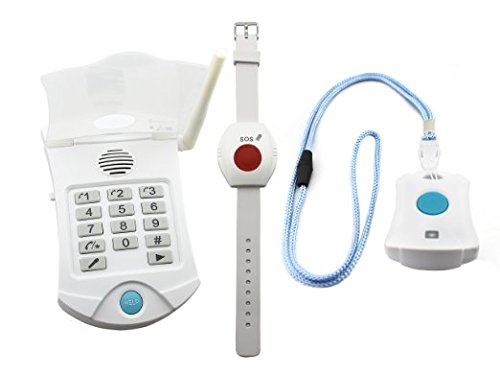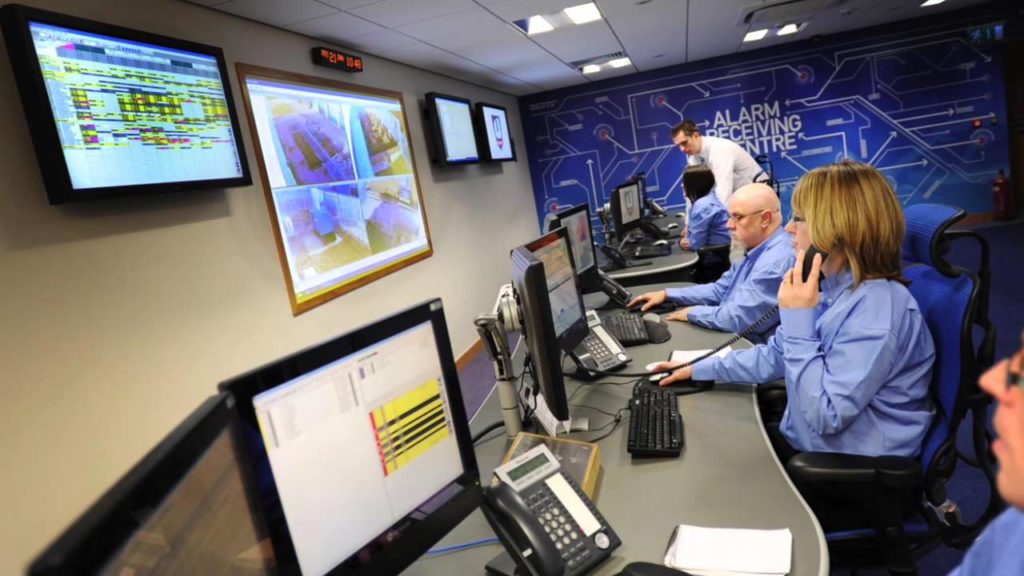MedicalAlertBuyersGuide.org is an independent review site. We may earn money when you click on links on our site. Learn More
As America’s elderly population continues to grow, medical alert systems are becoming more and more popular as the need to keep seniors safe and independent in their homes continue to grow, and in fact AARP recommends medical alert systems.
When it comes to protecting your loved ones with a medical alert device, the most important element of the service is the 24/7 professional monitoring station that backs the equipment.
With that, there’s been an ever increasing popularity of cheap “no monthly fee” medical devices that sell for around $150 They promise protection for the elderly and are commonly found on Amazon, eBay, and most recently, from a company called Fasthelp.

The phrase “you get what you pay for” really applies in this situation. These devices are cheaply made, unreliable, have weak range distances, aren’t UL-listed, and simply don’t provide the level of protection that a traditional medical alert system can.
These devices dial 911 when the button is pushed. Great… but what really happens during this time?
The thing is, 911 operators are trained to get on and off a call as quickly as possible so they can tend to the next call. Their job is to make sure local EMS is dispatched, period.
We know from years of experience that most customers don’t ever want 911 called (incredibly high ambulance costs, don’t want the alert the entire neighborhood, etc) and usually just want a call to their son, daughter, friend, or neighbor to go to the home to help them up from a fall.
Products can be mass-produced but people can’t.
When you pay the monthly fee for a medical alert system, what you’re really paying for is people; not a piece of plastic with buttons on it.

– You’re paying for an operator that will stay on the line with your loved one until they know help has arrived.
– You’re paying for the confidence in knowing that if your loved one needs help, you’ll be the first one they call.
– You’re paying to have your loved one’s medical history and information ready for EMS as they’re dispatched to the home.
– You’re paying for highly developed USA-based call centers that have backups, certifications, and most importantly, highly trained representatives that only deal with medical alert related emergencies.
Saving money on things like headphones and phone chargers is one thing – but not when it comes to protecting the well-being of your loved ones.
So the next time you see a “no monthly fee” medical alert system advertised on Amazon and eBay, ask yourself if that’s really what you want to rely on to protect your friends and family in the event they need real help.
How To Choose The Right Medical Alert System
Read our ratings of the best medical alert systems for 2024. All of our recommendations are based off of hours of real-world testing. Remember that when it comes to protecting the well-being of your loved ones, you “get what you pay for.

